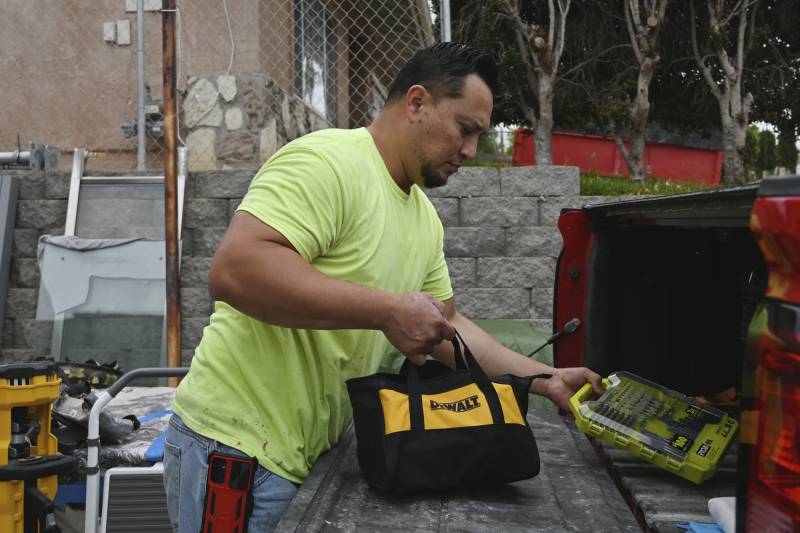Here are the morning’s top stories on Monday, May 20, 2024:
- Workers who are cheated on their paychecks often don’t recover the wages they are owed, even after state regulators rule in their favor and ordered their employers to pay. Part of the challenge for many wage-theft victims is that they are essentially left on their own to try to collect their debt. Now, in San Diego County, a first-of-its-kind government program is helping workers recover those lost wages.
- Graduate student workers at the University of California, Santa Cruz are going on strike Monday. UAW Local 4811, the union representing 48,000 employees across the UC system, says members voted to strike due to campus crackdowns on pro-Palestinian encampments and protests.
- The California Supreme Court will hear oral arguments Tuesday in a case that could change the fate of more than 1 million gig workers in the state. This is a new challenge to Proposition 22, the 2020 ballot initiative that classified gig workers as independent contractors.
- The California Republican Party held its statewide convention this weekend in Burlingame. State GOP officials said they’re gearing up to protect a handful of competitive congressional seats this fall. Meanwhile, at the annual state Democratic executive board convention, the party endorsed a number of statewide measures that might appear on the November ballot.
San Diego Aims to Help Wage-Theft Victims Recover Money Owed
San Diego County is stepping up efforts to help residents recover wages they’re owed while fronting them up to $3,000 through a new Workplace Justice Fund.
Over the last decade, thousands of wage claims have remained unpaid even after state authorities ruled in favor of workers and ordered their employers to pay. Part of the challenge for many wage-theft victims is that they are essentially left on their own to try to collect that debt, a process that can be time-consuming and onerous.
To support dozens of low-income workers who are waiting for unpaid wage judgments, San Diego County’s Workplace Justice Fund has distributed roughly $100,000. San Diego’s debt collections agency then also takes on their cases and works to get them paid.
UC Santa Cruz Academic Workers On Strike Monday
Academic workers and researchers at UC Santa Cruz are walking off the job Monday. This is likely to be the first of a series of strike actions from union workers at University of California campuses.
